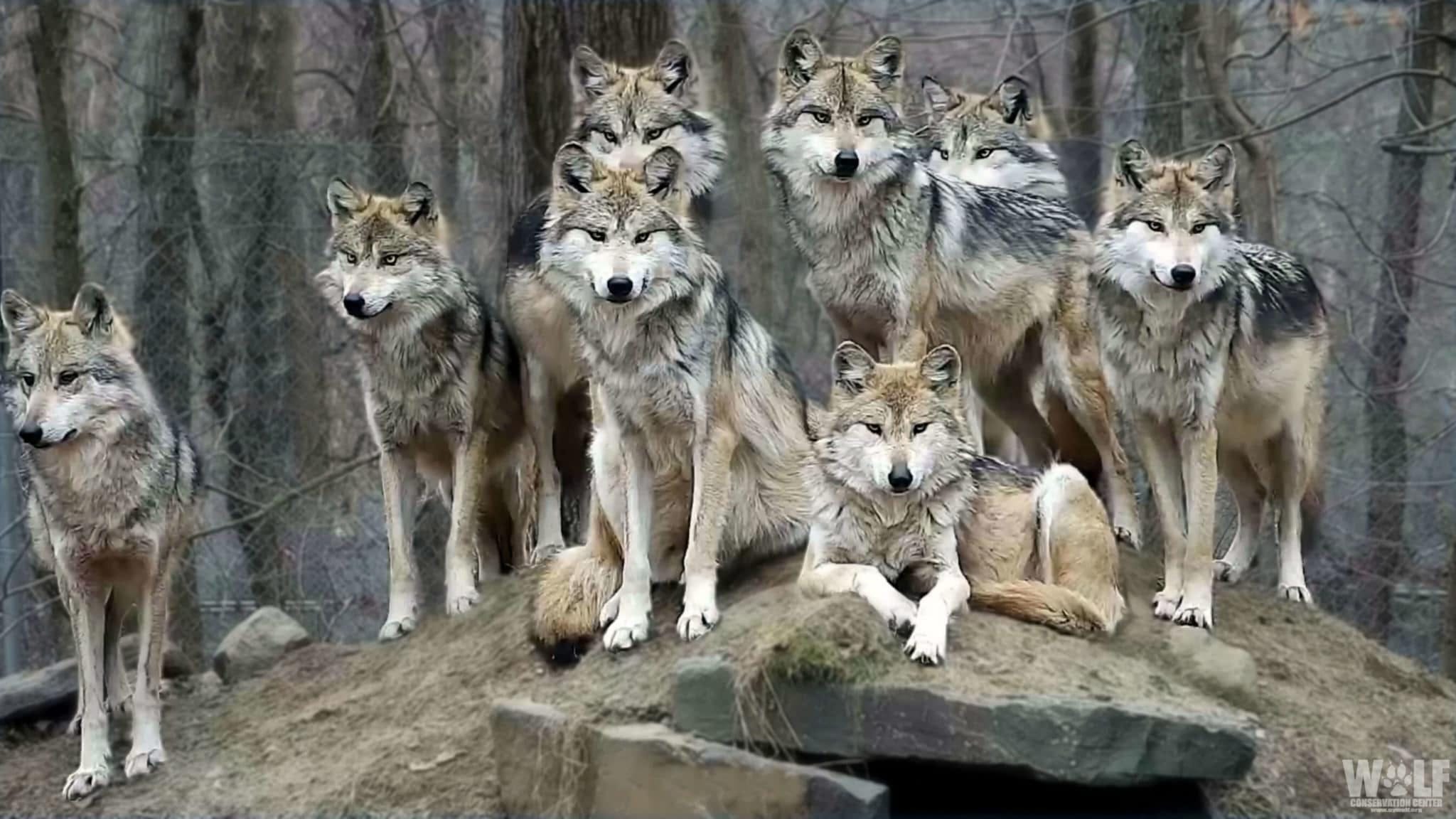From James Pethokoukis' generally-interesting Faster Please! blog:
One of this newsletter’s
core themes is that our climate-change problem is really a clean-energy problem. Yet while I’m
enthusiastic about the potential of emerging energy technologies — advanced nuclear fission, enhanced/advanced geothermal, nuclear fusion — I’m also perfectly willing to
accept that wolves and beavers have a role to play here. No, not on the clean
energy side of things, but helping nature adapt to a changing climate. Inside
Climate News reports:
Restoring and protecting
beaver and wolf populations and reducing cattle grazing across large tracts of
the western United States could be a big part of meeting President Joe Biden’s goal of conserving at least 30 percent of the
country’s lands, lakes and rivers by 2030, a new study suggests.
Both animals are
keystone species that help shape the landscapes they live in, and bringing them
back in a big way could help forests and streams struggling to adapt to rising
temperatures and aridification, a team of 20 scientists concluded in a paper published Tuesday in the journal
BioScience.
An expanded wolf
population would thin out herds of elk and deer that hamper forest regeneration
when they browse on tender young trees. Beavers would modulate flows along
streams and rivers by building dams that create areas of spongy soil that
absorb water during heavy rains and release it back slowly in drier
times.
But let’s get back to the
wolves of the West. Their ability to shape their natural environment also provides
an economic lesson. Several years ago I watched a fascinating report on how the 1995 reintroduction of
wolves to Yellowstone National Park — after a 70-year absence — altered the
park’s entire ecosystem. These apex predators also, the report explains, “give
life to many others.” And not just by reducing and controlling the deer
population. Just by being there, the wolves changed the behavior of the deer
and that led to a “trophic cascade” which caused an explosion in the number and
variety of plants and animals … which also then changed the paths of the
rivers. “So the wolves, small in number, not only transformed the ecosystem of
Yellowstone National Park, but also its physical geography,” the documentary
concludes.
In the US economic
ecosystem, startups are the wolves. They generate innovation (and jobs) and
force incumbents to improve or die. They change the business landscape —
creating a healthier, more vibrant economy in the process.

No comments:
Post a Comment